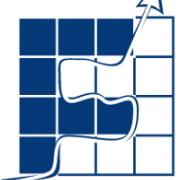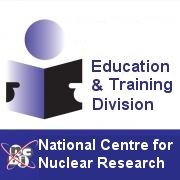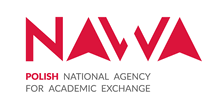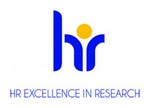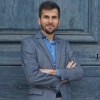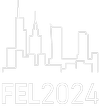2023 Paul Phelps Continuing Education Grant Award to an NCBJ employee
2023.06.23 9:45 - Piotr Spinalski
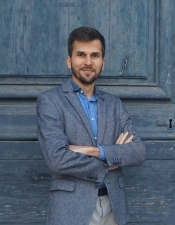 Dr. Eng. Tomasz Rajkowski from the Department of Electronics and Detection Systems of NCBJ was the winner of the Paul Phelps Continuing Education Grant, awarded annually by the Radiation Effects Committee of the IEEE Nuclear and Plasma Sciences Society. The award will allow the scientist to take part in training during the NSREC 2023 international conference.
Dr. Eng. Tomasz Rajkowski from the Department of Electronics and Detection Systems of NCBJ was the winner of the Paul Phelps Continuing Education Grant, awarded annually by the Radiation Effects Committee of the IEEE Nuclear and Plasma Sciences Society. The award will allow the scientist to take part in training during the NSREC 2023 international conference.
The award is given annually to several young scientists in recognition of scientific activity in the areas in which the IEEE Nuclear and Plasma Sciences Society operates and as a motivation for further education and work. It includes, among others: participation in the Short Course training during the IEEE Nuclear&Space Radiation Effects Conference, which will be held at the end of July in Kansas City. The award ceremony will also take place during the conference.
Dr. Eng. Tomasz Rajkowski conducts research on the impact of radiation on electronic components and devices, with particular emphasis on cosmic radiation. My interest in this topic arose while working at the Space Research Center of the Polish Academy of Sciences, building satellites of the BRITE constellation and the OPS-SAT satellite for the European Space Agency. “It was during this period that I had the opportunity to conduct the first radiation tests of electronics built for space. The issue of qualification of radiation electronics seemed to me very complex, but also fascinating - hence the decision to continue research as part of my doctorate," recalls Dr. Eng. Rajkowski. In 2018, he was selected among 15 PhD students under the Horizon 2020 RADSAGA program and completed his studies at the University of Montpellier (France), while conducting research for a company producing satellite subsystems. As part of the program, he continued work on determining the possibility of radiation qualification of electronic systems using testing at the level of the entire electronic system. After conducting a number of experiments using photon sources, heavy ions and a laser, as well as simulations and analyses, he presented the main benefits and limitations in the qualification by system test and proposed the so-called limited radiation qualification of electronic systems.
In 2022, he started working at NCBJ, where he continued research conducted as part of his PhD, but also started a new project in which he uses electron linear accelerators to test for single event effects (phenomena caused by a single particle, responsible, among others, for bit distortions in digital circuits, and sometimes also for the destruction of entire components and systems). "I conduct research at the intersection of space engineering, electronics and nuclear physics, and at the same time I develop NCBJ's cooperation with the space industry by providing consultations on the radiation resistance of electronics in the EagleEye satellite project." – he says about his work. "I am also glad that my competences will be useful in other projects carried out at the Institute, such as Polar-2, where the power supply and computer for the instrument for the Chinese Space Station are being built."
Congratulations on receiving the award and we wish you further success in your scientific career!

